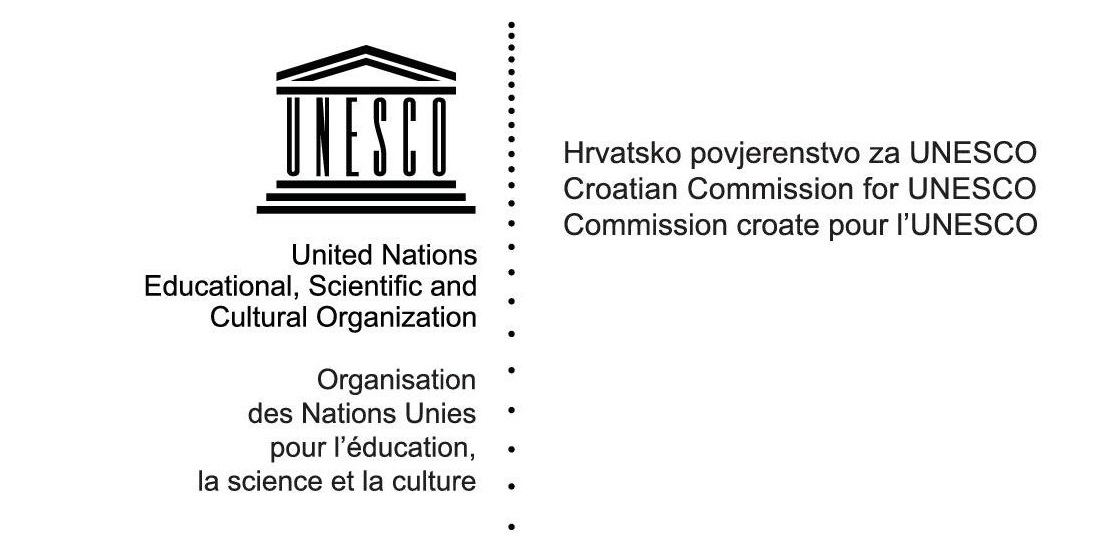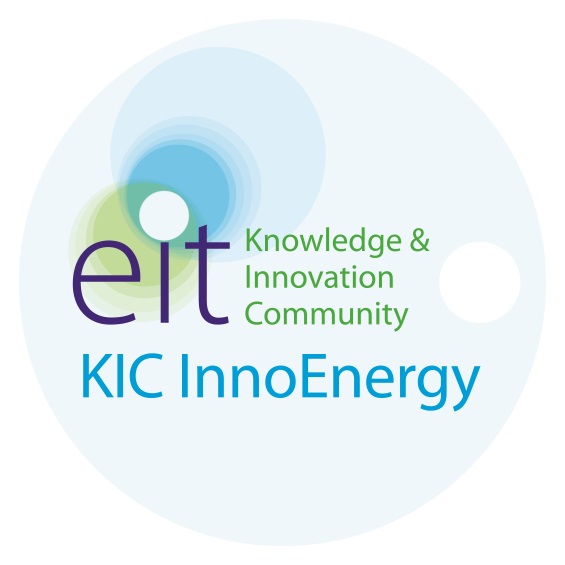
10th Conference on Sustainable Development of Energy, Water and Environment Systems

Today’s world can be characterized by globalization, urbanization, technological innovation and fundamental shifts in economic and political power, global environmental impacts, climate change and potentially explosive social conflicts. The provision of sustainable and affordable energy, water and food services can be linked directly with many if not all of these key global challenges including those already recognized by the international community such as the sustainable development goals (SDGs). Thus, taking action on energy, water and food services will ameliorate most of global challenges. For this, it is essential that energy-water-food nexus becomes a development goal in its own right attracting socially responsible investments. Treating the 17 SDGs individually will hamper the realization of possible synergies and avoidance of potential conflicts and implementation barriers.
Fortunately, there exist combinations of resources and technologies that could provide a number of pathways toward fulfilling SDGs and achieving a transformation toward sustainable future for all. All of them imply a fundamental decarbonization of the energy systems, land-use changes and new behaviors. Common to all is the need vigorous improvement of efficiencies. An important co-benefit of such a global transformation or revolution is that it would also lead a long way toward mitigating anthropogenic climate change. Other multiple co-benefits can be achieved as well – from providing affordable access to modern energy and creation of new business and economic opportunities to addressing the threat of indoor and regional air pollution and security.
Decarbonization of the global economy toward a carbon-free future is a paradigm-changing transformation that calls for revolutionary changes. For example, decarbonization implies a shift from traditional energy sources, in the case of those who are excluded from access, to clean fossils and modern renewable energy, and in the more developed parts of the world a shift from fossil energy sources to carbon-free and carbon neutral energy services.
Some developments in these directions are already beginning to happen. New clean and efficient renewable energy technologies, and associated products and services, have been among the most rapidly growing sectors for investment. Despite of this progress, the total public and private energy funding and investments remain to be significantly less than needed for the transformational change ahead pointing to the need for new energy policies to promote accelerated technological change throughout global energy systems and promote socially acceptable investments.
Achieving a transformation toward sustainable futures is a major planetary challenge. It will require rapid deployment of zero emissions technologies and compatible human behaviors. Improvement of efficiencies is a central enabler of such scenarios, along with higher shares of zero-carbon technologies such as new renewables and carbon capture and storage. All of this implies lower long-term costs of energy systems but higher upfront investments. New financing models and changes of investment “business models” from short-term gains to long-term sustainability will be required. These are enormous challenges and unless they are overcome the ambitious but achievable goals of sustainable development will not materialize. The potential co-benefits of the transformation are enormous, ranging from improved human health and sustainable lifestyles to development within planetary boundaries rather than beyond them.

Prof. Nebojsa Nakicenovic
International Institute for Applied Systems Analysis
Laxenburg, Austria
Nebojsa Nakicenovic is Deputy Director General/Deputy Chief Executive Officer of the International Institute for Applied Systems Analysis (IIASA), and former Professor of Energy Economics at the Vienna University of Technology.
Among other positions, Prof. Dr. Nakicenovic is Member of the United Nations Secretary General High-Level Technical Group on Sustainable for Energy for All Initiative; Member of the Advisory Council of the German Government on Global Change (WBGU); Member of the International Council for Science (ICSU) Committee on Scientific Planning and Review, and Member of the Global Carbon Project; Member of the Board, Climate Change Centre Austria (CCCA); Member of the Working Group of the Austrian Panel on Climate Change (AG-APCC) ; Member of the Panel on Socioeconomic Scenarios for Climate Change Impact and Response Assessments; Member of the Renewable Energy Policy Network for the 21st Century (REN21) Steering Committee; Member of the International Advisory Board of the Helmholtz Programme on Technology, and Member of the Earth League.
He has authored more than 300 publications and is also Editorial Board Member of several scientific journals, such as Journal on Technological Forecasting and Social Change, Climate Policy, Energy Policy, Current Opinion in Environmental Sustainability, the International Journal of Energy Sector Management, Ecosystem Health and Sustainability, The Scientific World Journal, Environmental Innovation and Societal Transitions, and the Journal of Energy Strategy Reviews.
Research and development (R &D) works on water minimisation in industry has been one of the most important areas contributing towards the sustainability of water systems. Over the years, various tools and techniques on water minimisation have been developed. The development has primarily focused on the design of maximum water recovery (MWR) networks via water reuse, recycling and regeneration.
MWR, which is mainly concerned with water reuse, recovery and regeneration, only partly addresses the water minimisation problem. Strictly speaking, MWR can only lead to the maximum water recovery targets as opposed to the minimum water targets. The minimum water targets can be achieved when all water minimisation options including elimination, reduction, reuse/recycling, outsourcing and regeneration have been holistically explored. Even though methodologies for the synthesis of MWR networks have been well-developed, research towards holistic water minimisation has lagged behind.
This paper highlights some of the key developments in water minimisation research covering the urban and industrial water utilisation networks, treatment systems for fresh water as well as wastewater, and the design of network of wastewater to wealth. Emphasis is given on the development of the holistic framework for designing a cost-effective minimum water network (CEMWN).

Prof. Zainuddin Manan
Universiti Teknologi Malaysia
Johor Bahru, Malaysia
Professor Dr Zainuddin Manan is the Dean of the Faculty of Chemical and Energy Engineering, Universiti Teknologi Malaysia (UTM) and was the Founding Director of UTM-Process Systems Engineering Centre. He received BSc from the University of Houston, USA, MSc from UMIST, UK, and PhD from the University of Edinburgh, Scotland, all in Chemical Engineering. Zain began his career as an engineer in PETRONAS and Hume Industries and has been a researcher, consultant and trainer for over 20 years. He has completed over 70 R & D & consultancy projects, filed for ten patents and has over 350 publications that include 15 books/chapters, 170 refereed journals and 200 conference papers on sustainable systems planning and engineering. He has delivered over 70 invited lectures, including his 2014 Imperial College Distinguished Lecture. He was the winner of Saudi Arabia’s 2008 Prince Sultan International Prize for Water. In 2013, he was awarded as one of the Top Research Scientists of Malaysia. In 2014, he received the UTM Top Researcher Award, UTM Top Academician Award and the Pannonia Award for his distinguished collaboration contributions with the University of Pannonia of Hungary. Zain is a Fellow IChemE, a chartered engineer, a certified energy manager, a registered electrical energy manager and the certified lead trainer for Malaysia energy managers. He was the vice-chairman of the Board of Judges for the South East Asia Energy Awards program. He spearheaded the UTM Sustainable Energy Management initiative that led UTM to achieve USD 5.0 million energy savings between 2011 and 2015, and to win the ASEAN Energy Award in 2012.
In the current discourses on sustainable development, one can discern two main intellectual cultures:
- An analytic one focusing on measuring problems and prioritizing measures, (LCA, MFA, Industrial Ecology, etc.) and
- A policy/management one, focusing on long term change, change incentives and barriers, and stakeholder management (Transitions/niches, Environmental economy, Cleaner Production).
These cultures do not often interact and interactions are often negative using qualifications such as ‘pointless hairsplitters’, and ‘phrasemongers’. However, we need both cultures to work towards sustainability solutions: problems should be thoroughly identified, options for large change should be guideposts for action, and incentives created, stakeholders should be able to participate, and progress should be monitored.
These activities require different competences. An important barrier towards training academics with these competences is the strong disciplinarism of the universities. Raising students in strong disciplinary paradigms is probably responsible for the growing disengagement of students during their studies. Interdisciplinarism is crucial to keep students engaged and train them to implement long term sustainable solutions.

Dr. Karel Mulder
The Hague University of Applied Science
Delft, Netherlands
Karel F. Mulder (1956) works at Hague University of Applied Science and at Delft University of Technology. He received an engineering degree from Twente University, and a doctorate in Business Administration from Groningen University in 1992. He was in charge of a project to include Sustainable Development in all engineering curricula at Delft University of Technology from 1997-2005 and initiated the Engineering Education in Sustainable Development network. He wrote Sustainable Development for Engineers, A handbook and Resource Guide, Sheffield: Greenleaf, isbn-10: 1-874719-19-5. His Research interests focus on technological innovation and SD.
Happening in the run-up to the Conference of Parties 21 - Paris 2015, when a crucial new climate agreement is expected to be put forward, this lecture will outline the technological, economic and institutional requirements of long-term mitigation scenarios which are consistent with the goal of limiting global warming at 2 degrees Celsius above the pre-industrial level. The main findings from Working Group III of the Intergovernmental Panel on Climate Change (IPCC) presented in the IPCC Fifth Assessment Report (AR5) will be employed to highlight the past trends in stocks and flows of greenhouse gases and the factors that drive emissions at the global, regional, and sectoral scales including economic growth, technology, or population changes, as well as to provide details on mitigation measures and policies which are used within and across different economic sectors. Particular attention will be put to low carbon energy technologies since the 2 degrees consistent mitigation goal requires a substantial and rapid scale-up of these technologies. New polices and measures based on proven approaches, which can provide the necessary incentives to achieve the full potential of climate mitigation and the associated development benefits, will also be addressed, discussing especially the required scientific response to the emerging needs. The lecture will conclude with a snapshot of the latest developments regarding Paris countries’ contributions, giving thus a hint of the answer to the “will we make it” question.

Prof. Natasha Markovska
Research Center for Energy and Sustainable Development - Macedonian Academy of Sciences and Arts
Skopje, North Macedonia
Natasa Markovska holds DSc degree from the Faculty of Electrical Engineering, Skopje, with thesis on solar energy technologies. At present she is a Senior Researcher at the Research Centre for Energy and Sustainable Development of MANU and Professor of the subject Energy and Climate Change at two master programs and a doctoral program of Faculty of Electrical Engineering and Information Technologies, UKIM. Also, she serves as a National Focal Point of the Intergovernmental Panel on Climate Change (IPCC) and a Member of the International Scientific Committee of the Conferences on Sustainable Development of Energy Water and Environmental Systems (SDEWES Conferences). She has been participating in 124 international and national projects related to climate change mitigation, sustainable development, renewable energy sources and energy efficiency and energy strategic planning, for clients such as UNDP, WB, European Commission, GIZ, Macedonian and other governments. In these fields, Dr Markovska co-authored 210 published contributions (60 in high impact journals, Scopus h-index = 25). She serves as a Subject Editor – Elsevier’s Energy, (EGY), Section Chief Editor (Environment, Energy Economics, Policies) – Elsevier’s Energy Reports (EGYR) and Associate Editor – Elsevier’s Smart Energy (SEGY). She served as an editor of the Second National Communication under UNFCCC and as a guest editor of 26 special issues of international journals (incl. 13 of Energy and 11 of Renewable & Sustainable Energy Reviews) dedicated to SDEWES Conferences.












